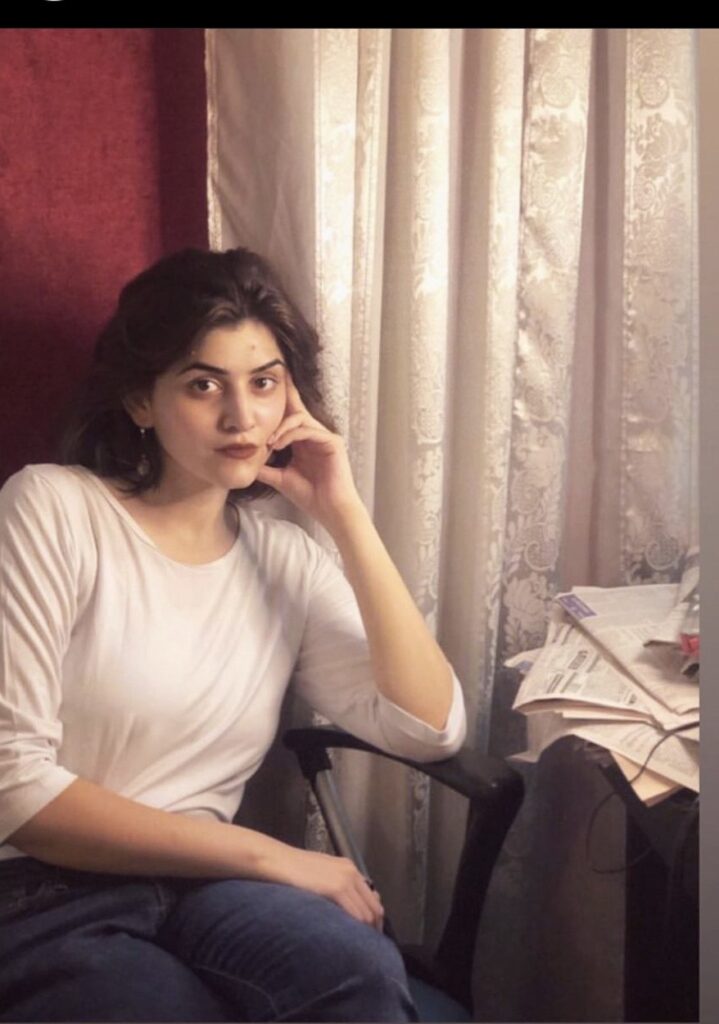Komal Bukhari
There is an intrinsic need in every human being to find a home, identity, security and love. Growing up in a Shia family, I thought of the same requirements. I would say, I couldn’t find any of these since I was made to feel an outsider, a sinner, a non-believer in Moharram every year in school. Did it affect me as it should have? Well no. A child doesn’t know how to respond to rejection and apathy since these emotions are too strong to be even understood by somebody who is hardly 12 years old.
My larger concern is to know if a child even deserves to deal with rejection at such an early stage of her or his life; what effect do rallies against Shias have on the Shia kids growing in Pakistan, do they pray for their safety at night? How does this divide unsettle them in their heads? How do Ahmadis deal with being declared non-Muslims? How does it feel when a bunch of people pinpoint the loopholes in your faith? How silence fills them with rage and disdain eats them every day?
It isn’t my rant; it is my analysis of how hate and rejection function and how they can change a child’s perspective in a negative way. The negativity doesn’t have to be tangible but it is somewhere deep in the head. The negativity flashes in the way people deal with the world, how they take rejection as if they deserve it since they have been familiar with it for a long time, it reflects in the way they are unable to say “I need somebody to help me”. This detachment grows by the years passing and they become the amalgamation of fear and confusion.
My aim for writing this is to draw attention to the internal conflicts minorities in Pakistan might have. There is a lot written about the political side of this exclusion but that is an intelligent and outer thesis; what we might need now is the internal study of this exclusion. That does not leave the state out of this matter, in fact, it increases their responsibility to understand what goes around in a person’s head when they are constantly worried about their lives, what is the degree of fear in them and how do they deal with social rejection at an early stage in their lives.
I have always thought about human beings as somebody naturally empathetic, thoughtful and uncomfortable with the idea of hate and yet all my ideas fall into pieces when I look at the current wave of fear in minorities. They are quiet and lost and the ones who instil religious extremism through their speeches and slogans are never analyzed; their minds have not been studied yet because the state does not dare to question them legally, it seems as if the state is under control of these religious extremists and if the state fails us, where do we go?
The Students’ Herald News Desk focuses on reporting the latest news regarding student politics and campus updates to you.
The News Desk can be reached at admin@thestudentsherald.com




